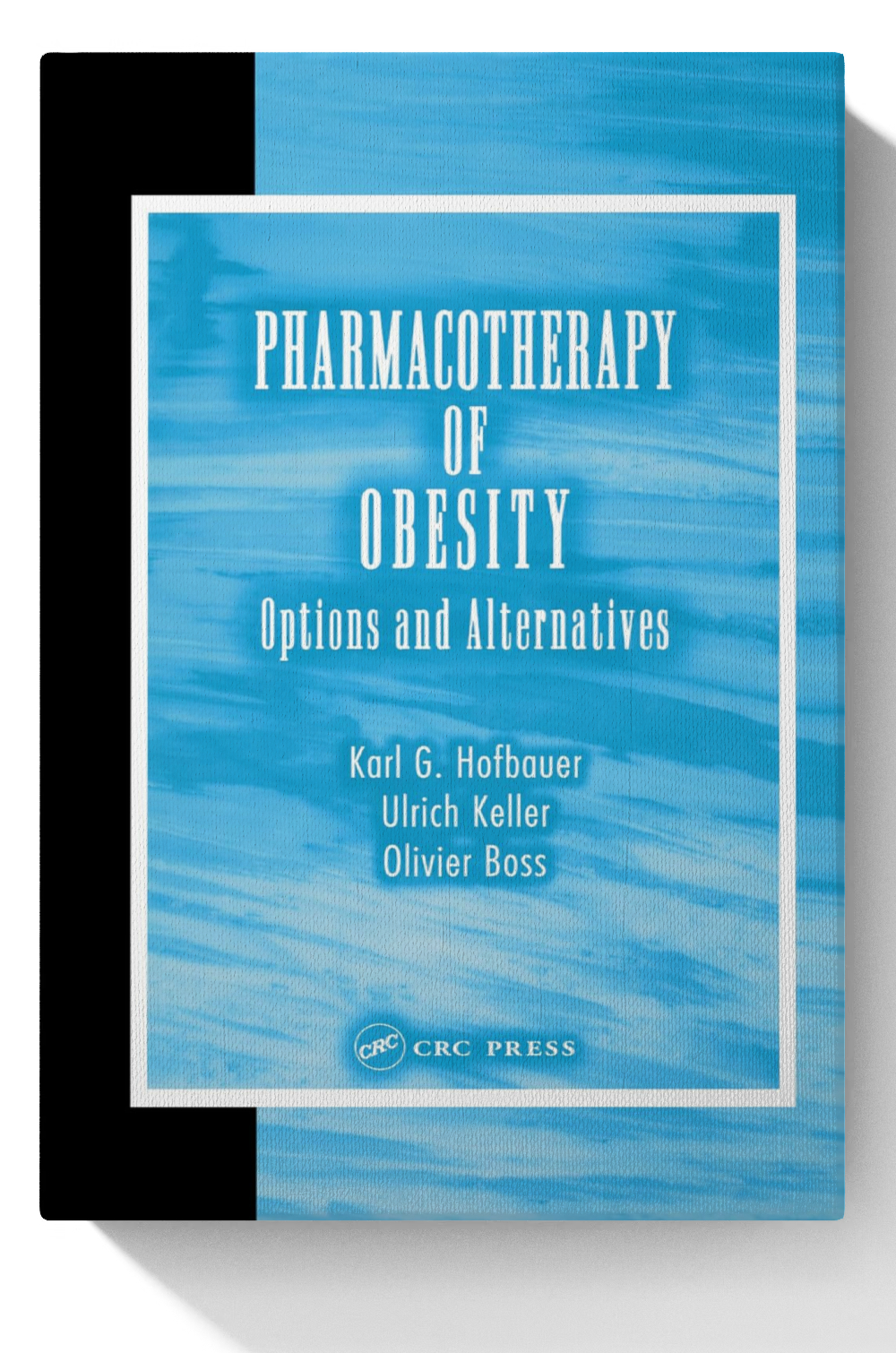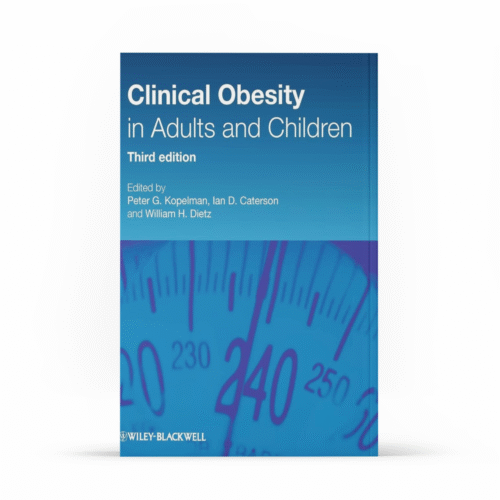Pharmacotherapy of Obesity: A Clinician’s Guide to Current and Emerging Treatments.
Why This Book?
In an era of breakthrough anti-obesity medications, this authoritative resource equips physicians with a balanced, evidence-based framework for integrating pharmacotherapy into patient care—while contextualizing drug options against lifestyle, surgical, and behavioral interventions.
Key Features
- Comprehensive Drug Reviews
- Currently approved medications (GLP-1 agonists, phentermine-topiramate, orlistat)
- Pipeline therapies (dual/triple incretin agonists, amylin analogs)
- Mechanisms, efficacy data, and adverse effect management
-
Comparative Treatment Strategies
- When to choose drugs vs. bariatric surgery
- Combination approaches (e.g., pharmacotherapy + CBT)
-
Pathophysiology Foundations
- Neuroendocrine regulation of appetite
- Metabolic sequelae of obesity (insulin resistance, inflammation)
-
Therapeutic Integration
- Patient selection criteria
- Monitoring protocols (weight trajectories, cardiometabolic markers)
- Addressing weight-loss plateaus
Who Should Read This?
- Obesity medicine specialists refining treatment plans
- Endocrinologists managing metabolic complications
- Primary care physicians navigating first-line pharmacotherapy
- Researchers evaluating clinical trial data
Why It Stands Out
- Edited by Key Opinion Leaders – Synthesizes perspectives from clinical trials and real-world practice
- Drug Comparison Tables – Dosing, contraindications, cost/access analysis
- Future-Focused – Covers next-gen therapies (e.g., oral GLP-1, BAT activators)
An indispensable roadmap for navigating the rapidly evolving obesity pharmacopeia.




